Information Technology Reference
In-Depth Information
Text of a Resolution by the American Library Association
Council, Adopted on July 2, 1997
WHEREAS, On June 26, 1997, the United States Supreme Court issued a sweeping re
affirmation of core First Amendment principles and held that communications over the
Internet deserve the highest level of Constitutional protection; and
WHEREAS, The Court's most fundamental holding is that communications on the Internet
deserve the same level of Constitutional protection as books, magazines, newspapers, and
speakers on a street corner soapbox. The Court found that the Internet “constitutes a vast
platform from which to address and hear from a worldwide audience of millions of readers,
viewers, researchers, and buyers,” and that “any person with a phone line can become a
town crier with a voice that resonates farther than it could from any soapbox”; and
WHEREAS, For libraries, the most critical holding of the Supreme Court is that libraries
that make content available on the Internet can continue to do so with the same
Constitutional protections that apply to the topics on libraries' shelves; and
WHEREAS, The Court's conclusion that “the vast democratic fora of the Internet” merit
full constitutional protection will also serve to protect libraries that provide their patrons
with access to the Internet; and
WHEREAS, The Court recognized the importance of enabling individuals to receive
speech from the entire world and to speak to the entire world. Libraries provide those
opportunities to many who would not otherwise have them; and
WHEREAS, The Supreme Court's decision will protect that access; and
WHEREAS, The use in libraries of software filters which block Constitutionally protected
speech is inconsistent with the United States Constitution and federal law and may lead
to legal exposure for the library and its governing authorities; now, therefore, be it
RESOLVED, That the American Library Association affirms that the use of filtering soft
ware by libraries to block access to constitutionally protected speech violates the
Library Bill of Rights.
Let's consider a specific example: the
Children's Internet
Protection Act (CIPA)
. As described in the sidebar, CIPA man
dates filtering of images in circumstances in which children might
be using the Internet, and those filters are required to block spe
cific types of images. Given this law, you should assume that
some type of blocking or filtering will be in place when you
search the Internet from a public library. If you are an adult, you
will not have unrestricted access to the World Wide Web unless
you ask for it.














